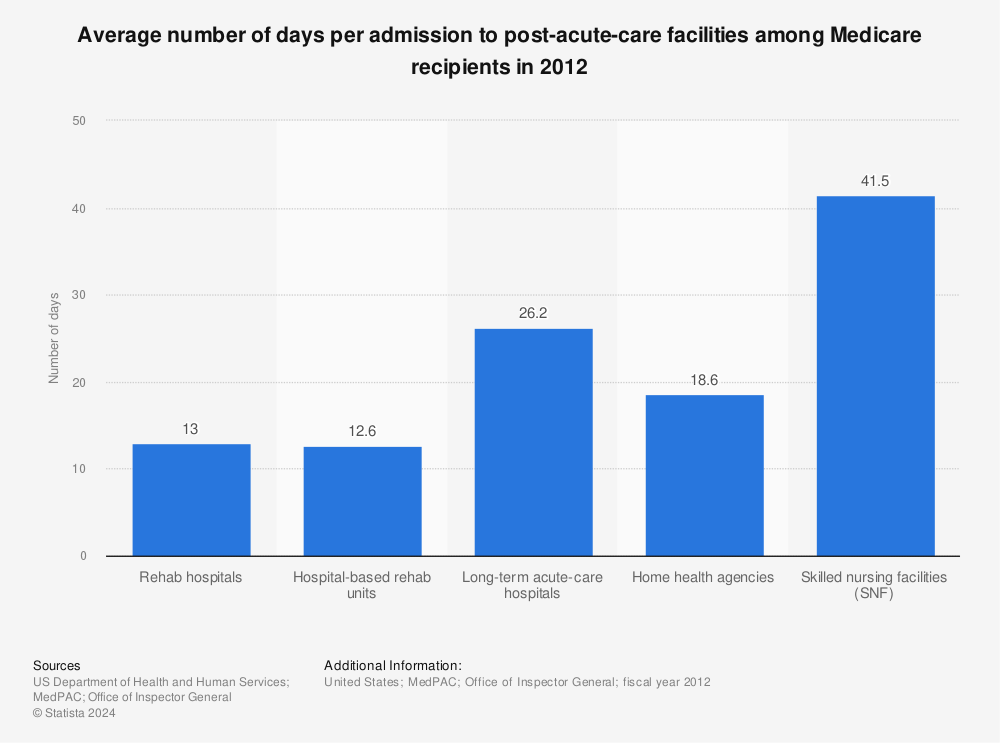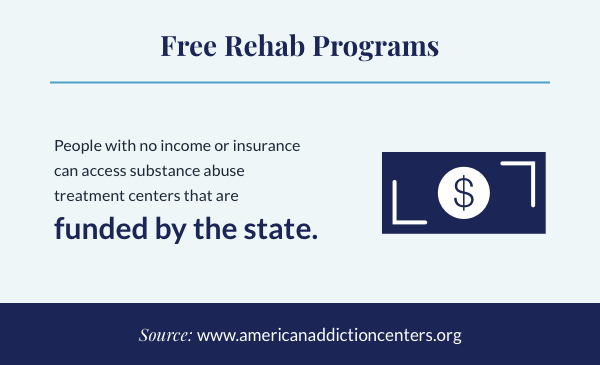According to dependency specialists, you may have a substance use disorder and need treatment if you experience at least two of the following symptoms: 3 You utilize more drugs or alcohol than you would like to. You have actually tried to lower prior to but were unsuccessful. You spend a great deal of time either getting drugs or alcohol, or recuperating from them (e.g., missing work to nurse a bad hangover). Stimulants are another class of drug that affect dopamine paths in the brain, but these compounds set off the release of norepinephrine and serotonin too, which act to promote and energize the worried system. At low dosages, stimulants can increase concentration and performance, but at the levels in which they are required to achieve bliss, they can have a hazardous result on the body and psyche.
Those who take these drugs typically look for more than the pleasant release of dopamine. Some users declare Check out this site that illicit stimulants help to increase sexual efficiency, remain awake and inform for longer amount of times, and delight in the all-night celebration culture of raves and dance clubs. Prescription stimulant abuse, on the other hand, often takes place because users wish to increase concentration and awareness at work or school.
Unlike other drugs, hallucinogens seem to impact the receptors of serotonin neurotransmitters more than dopamine. Hallucinogens like LCD, DMT, peyote, psilocybin, and ketamine mimic serotonin and go into serotonin receptors in the brain, changing habits, character, and understandings. Research study programs that hallucinogens can in fact change the shape of nerve cells completely, forever changing the method your brain sends and gets messages.
Other hallucinogens can develop dependence however, and all of them can produce problems in the personal and expert lives of those who take them because of the drastic way they affect personality and habits. A lot of hallucinogens likewise present a significant threat of overdose also. In addition to those illegal compounds named above, there are more drugs that can create hazardous addictions, such as: Marijuana Inhalants Alcohol Nicotine Many drugs are addictive due to the fact that of how they affect the brain's communication system.
Drugs either promote the release of or mimic the actions of pleasure-creating neurotransmitters like dopamine and serotonin, producing momentary sensations of bliss and happiness. The brain is wired to seek more pleasant feelings, which would usually be triggered by activities like sex or consuming good food. When drugs develop a rush of synthetically produced pleasure, the brain's natural disposition is to seek more satisfaction.
Top Guidelines Of How To Value A Drug Rehab Center
As the user continues to take in drugs, tolerance develops, requiring larger quantities of the drug at each sitting to achieve the very same high. The user will continue to increase the dosage they take over time, and the brain will adapt to the constant influx of neurotransmitters by slowing down its production of neurotransmitters and decreasing the number of satisfaction receptors.
Over time, the brain ends up being rewired and its communication system will be totally altered. The outcome is that when the user stops consuming drugs, the system that has been rewired for a steady influx of illegal compounds is all of a sudden left with no pleasure chemicals at all. There is absolutely nothing to cancel the inhibitory systems that the brain has actually taken into place, and a range of agonizing and undesirable drug withdrawal signs set in, like anxiety, sleeping disorders, headaches, and a series of flu-like signs.
Besides the sometimes permanent modifications that drugs have on the brain, they likewise do a number on the physical health of your body in basic - what is inpatient drug rehab like. Even from the really first use, drugs have actually marked short-term impacts on the body, such as: Increase of harmful behaviors and sexual practices Damaging modifications in hunger Extreme wakefulness or sleepiness Impacts on heart rate and high blood pressure Increased risk of cardiovascular disease or stroke Panic attacks Overdose and death Naturally, a dependency assumes long-lasting usage of a compound, which will have much more dreadful effects on the body, depending upon the substance.
If you're considering a rehabilitation program on your own or an enjoyed one, you might have a great deal of concerns: What are these programs like? For how long do they take? What are the rules? This page https://gumroad.com/galairws3p/p/h1-style-clear-both-id-content-section-0-why-drug-addicts-should-go-to-rehab-not-jail-fundamentals-explained-h1 covers the fundamentals about going to a drug or alcohol rehab, including: What occurs at a typical inpatient or property rehab program (how to start a drug rehab program).

How to get ready for rehab (how to involuntarily commit someone to drug rehab). What occurs after rehab. What to understand if you're visiting someone in rehab. Inpatient or domestic rehab is an intensive type of dependency treatment where you remain at a center for a time period and take part in group, private, and family therapy. Inpatient treatment might demand taking some time off from work and/or school to live at the center while you hang out dealing with your healing.
About What Happens In Drug Rehab Centers
When not taking part in arranged sessions, individuals attending outpatient treatment normally live in the house or at a sober living facility. Outpatient treatment uses people the capability to continue taking care of work, school, and other commitments throughout treatment. Rehabilitation stays can vary from 28-30 days to 90 days or longer.

Other programs use 60 days of treatment, and some long-lasting facilities use treatment for 90 days or longer. Some rehab programs offer a standardized program and need a minimum stay. Other programs use an individualized method and will assess your level of addiction, mental and physical health, and other elements to determine the very best length of stay.
A lot of inpatient programs consist of the following elements. Intake typically starts with a brief phone consultation, where a therapist will assess whether you are a suitable suitable for the treatment program. This preliminary discussion provides a great chance for you to ask questions and find out more about the program. If the counselor determines that you and the program are a great fit, they will set up a time for the consumption to occur face to face.
Medical and psychological health history. Household and social life. Past treatments. The intake counselor will supply info on the program and its guidelines, have you finish any legal files and consent types, and establish a treatment strategy and goals. The intake process can take a couple of hours and may even be expanded over several days, particularly if you are going through detox.
Many rehab programs provide supervised detox services for people withdrawing from a variety of substances such as alcohol, sedatives, opioids and stimulants. During detox, medical doctors and nurses administer medications to ease withdrawal symptoms. The objective of detox is to reduce discomfort during withdrawal and prevent major and possibly deadly negative effects, such as seizures.